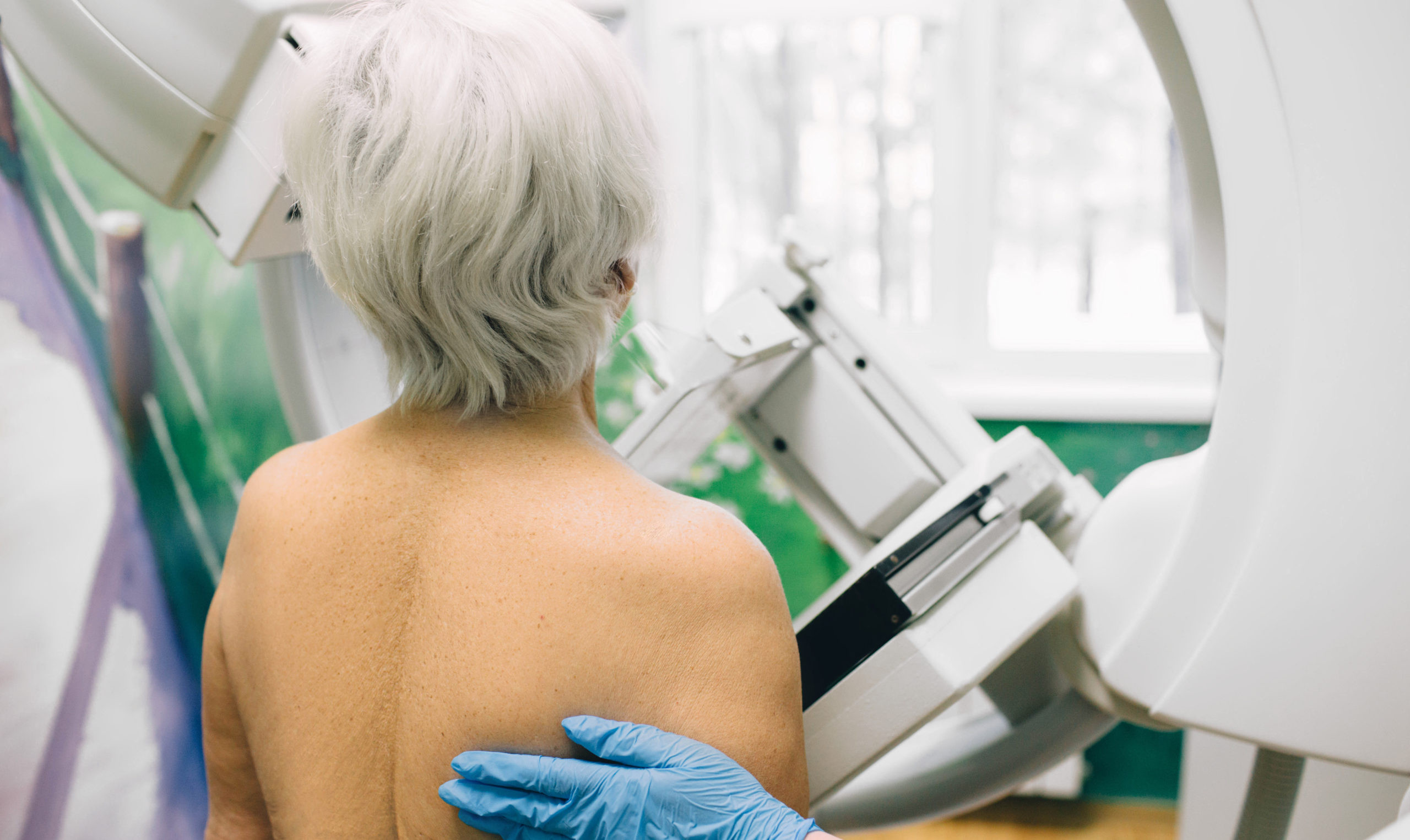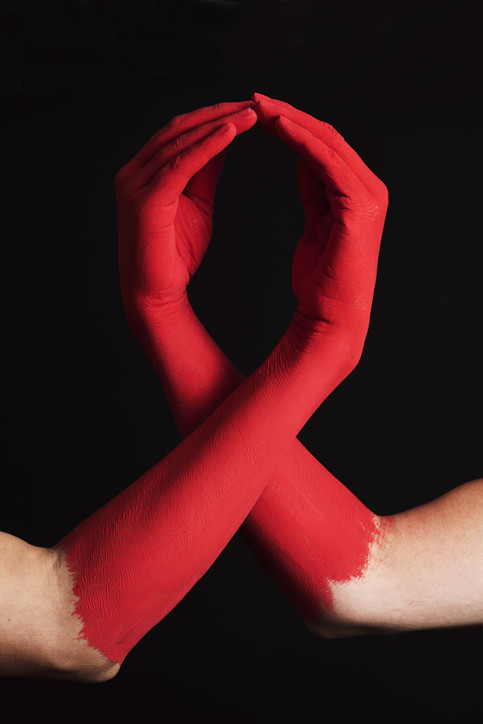
5 timeless habits for better health

What are the symptoms of prostate cancer?

Is your breakfast cereal healthy?

When pain signals an emergency: Symptoms you should never ignore

Does exercise give you energy?

Acupuncture for pain relief: How it works and what to expect

How to avoid jet lag: Tips for staying alert when you travel

Biofeedback therapy: How it works and how it can help relieve pain

Best vitamins and minerals for energy

Should you take probiotics with antibiotics?
Women's Health Archive
Articles
Can certain exercises worsen my pelvic organ prolapse?
Ask the doctors
Q. I have pelvic organ prolapse and I want to start working out. Are there exercises I should avoid?
A. Pelvic organ prolapse is a common problem, caused by a weakening of the bowl-shaped group of muscles and tissues that supports your pelvic organs. As this support fails, one or more of these organs — such as the uterus, bladder, or rectum — can shift out of place, typically pushing into (and sometimes protruding out of) the vagina.
Some healthcare can safely wait (and some can’t)
Some routine or elective healthcare can safely wait a while, but putting off medical care for certain health conditions or potentially serious problems is risky.
All rise now — just how fit are you?
Attempting to stand up from a seated position on the floor is a good way to assess your overall fitness. No problem? Do it regularly to track your physical health. Having difficulty? Try these exercises to help you improve your fitness.
Is it time to give up your annual mammogram?
The question of what age a woman can stop having mammograms does not have a definite answer, but is one each woman must answer based on her circumstances and her feelings about the risks of the procedure versus its benefits.
Take control of rising cholesterol at menopause
Here's what the numbers mean — and strategies to lower your cholesterol if it's too high.
For some women who've had normal cholesterol readings all their lives, that changes at menopause. "Going through menopause often results in lipid and cholesterol changes for the worse," says Dr. Samia Mora, an associate professor of medicine at Harvard Medical School and a specialist in cardiovascular medicine the Brigham and Women's Hospital. Drops in the female hormone, estrogen, are associated with a rise in total cholesterol levels due to higher amounts of low-density lipoprotein (LDL), the "bad" cholesterol, and another blood lipid (fat) known as triglyceride. Over time this can raise heart risks, which is a reason for concern, as cardiovascular disease is the No. 1 cause of death in postmenopausal women, says Dr. Mora.
"So, it's especially important to track the numbers in perimenopause and the early years after menopause, as LDL cholesterol and total cholesterol tend to increase," she says.
Breastfeeding may protect high-risk women from diabetes later in life
Research we're watching
If a woman has gestational diabetes during her pregnancy, she has a higher risk of developing diabetes later. But a study published February 10 in Diabetes Care found that breastfeeding may help reduce that risk.
The study, which used data from the Nurses' Health Study II, found that the longer a woman nursed her infant, the lower her risk of developing diabetes later in life. The study included more than 4,000 women who had gestational diabetes. Of those women, more than 800 developed diabetes within the next 25 years. Those who breastfed for six to 12 months were 9% less likely to develop diabetes, compared with women who didn't breastfeed at all. Women who breastfed for one to two years had a 15% lower risk of developing diabetes, compared with women who didn't breastfeed. And diabetes risk was 27% lower in women who breastfed for more than two years. This provides another reason that doctors may want to encourage women with gestational diabetes to breastfeed whenever possible.
Why am I getting acne after menopause?
Ask the doctors
Q. My skin has been breaking out since I entered menopause. Why is this happening, and what can I do about it?
A. Many women notice changes to their skin at menopause. For some women this means dryness, age spots, or a tendency toward bruising. For others, estrogen levels drop while male hormone levels, such as testosterone, remain the same, which can prompt acne breakouts.
U=U: Ending stigma and empowering people living with HIV
People living with HIV can suppress the virus by taking medication daily. If the level of virus in a person’s blood is suppressed successfully, research shows that the virus isn’t passed on to others. U=U means “undetectable equals untransmittable.”
COVID-19: If you’re older and have chronic health problems, read this
Older people who have a chronic medical condition are at increased risk for severe disease and death if they contract COVID-19. Just how old is “older,” what constitutes chronic disease, and how can you lower risks?
Toxic beauty
Are your personal care products putting your health at risk?
The average woman uses 12 different beauty products every day — cleansers, conditioners, hair dyes, fragrances, skin care products, scented lotions, nail polish, and makeup, to name a few. Take a quick glance at the labels, and you'll see a cocktail of chemical components.
You might assume that all these ingredients have been tested to ensure that they're safe for long-term use. That's not the case.

5 timeless habits for better health

What are the symptoms of prostate cancer?

Is your breakfast cereal healthy?

When pain signals an emergency: Symptoms you should never ignore

Does exercise give you energy?

Acupuncture for pain relief: How it works and what to expect

How to avoid jet lag: Tips for staying alert when you travel

Biofeedback therapy: How it works and how it can help relieve pain

Best vitamins and minerals for energy

Should you take probiotics with antibiotics?
Free Healthbeat Signup
Get the latest in health news delivered to your inbox!
Sign Up










